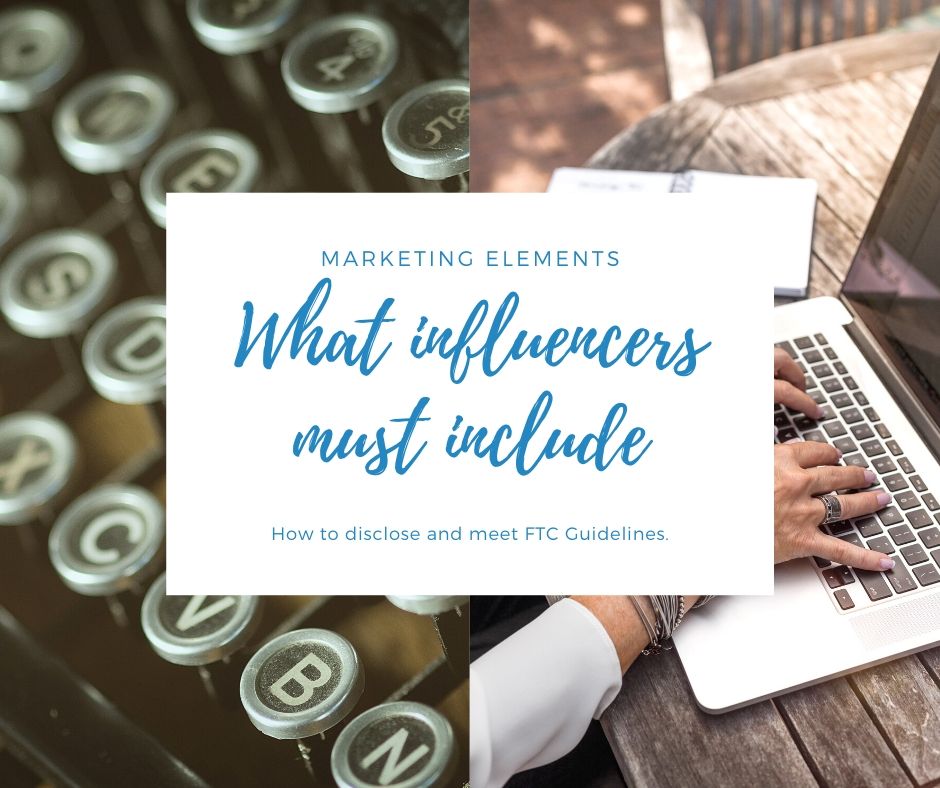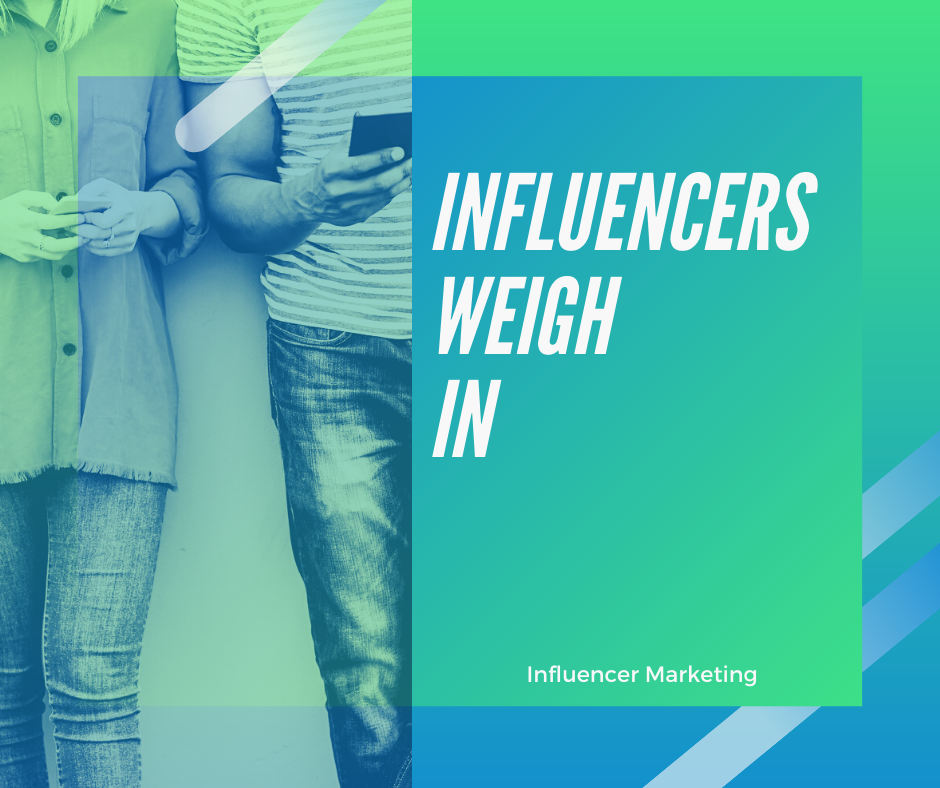An interesting infographic came out this week. It was how brands and influencers view Influencer Marketing. Not surprising, that each side views it differently. I come at this from a distinct difference. I have set up influencer programs and been an influencer on some projects. This gives me the ability to see both sides of the coin.
The infographic was produced by tapinfluence and Altimeter. It asked both sides some very good questions. (You can see the infographic at the bottom of this post.) One thing to keep in mind when working for an influencer, they have two constituencies. The first is their readers/followers and the second is brands who want to work with them. It’s a delicate balance to manage both of them effectively.
Story Telling
The top reason brands want to work with influencers is to have more authentic storytelling. When it comes from someone outside the company it carries more weight than content created by the brand. It’s the digital version of word of mouth advertising. But know that influencers are where they are with their audience because of their point of view. You can’t work with an influencer and try to dictate what and how they tell your story. It will come off as if the influencer “sold out” and they could lose credibility with their audience. When you work with influencers, you have to give a certain amount of control.
Challenges of brands and influencers
I thought I wrote about an influencer marketing before on Marketing Elements. However, I can’t find it. I plan to do a series based on this topic soon! The top challenges brands have are finding influencers and managing executive expectations. Finding influencers is not something you should rush into without vetting the sites/people. It’s important to look at their work over a period of time. When I have sought out influencers I look at how long they have been around the industry. Their depth of knowledge of the industry. How engaged their audience is with them. Lastly, who they interact with on social media.
Once you look at all these strike up a conversation with them through social or email. Tell them why you are contacting them and a little about your company. Think of it like dating. You don’t want to put all the information out on the first email. Judge their interest before moving further. Some influencers will reject your offer. Don’t take it personally, they may feel what you want to do is a fit for their followers. If you do go forward and work with an influencer, spell out everything you need from them before you start. It will make the relationship go much smoother.
The second problem is meeting executive expectations. Brands want to do interesting things with the influencers but also meet expectations. This can be tricky. It’s important that executives are versed in influencer marketing. It’s setting realistic expectations as to what Influencer marketing can and cannot accomplish. It also helps to inform stakeholders every step along the way. Weekly updates would be an ideal, but go with what your executive team requests.
After influencers are recruited they have challenges working with brands. The first is it can be considered an “unproven channel” from the organization. Brands enter into programs without clear goals and understanding of what will happen during the campaign. As I stated above, it’s important to set ground rules from the start. If you are new to influencer marketing, talk to the influencer about how they work with other brands and what types of performance have been expected.
Next is there is no budget assigned. Influencer marketing is not done for free. Some will post and share for information. Others will want free products. While there are some who expect to be paid. When you first talk to an influencer, bring up the subject of compensation. Find out what they are looking for and what works for them. If there is no budget, let them know you are in the planning stages. If you do have a budget give them a range of the compensation. As you work with them you can adjust this scale. Compensation is their biggest complaint in working with brands and agencies.
Measuring Influencer Marketing
There is a difference between the brand and the influencer. Brands view success as engagement on social and brand awareness. Whereas, influencers see traffic and shares of post in social media as success. Both see the importance of social media in measuring. Brands want to see posts pertaining to them shared in all social media channels. The influencer wants to see traffic to their site and the brand as their measure of success. As influencer marketing matures we will see both wanting the same thing.
Popular Platforms for Influencer Marketing
Where would you like to see content pertaining to your business? Which is the most important to you? Brands think very differently than the influencer. The most important to a brand is Facebook. While for the influencer, their blog is the most important. Brands rank the blog as the fifth most important platform. Very few influencers that I know are just on social. Most of them want to drive traffic to their blog . Yes, a Facebook has value for a brand to drive traffic and awareness. If the blog is not included in a campaign, it has little value to the influencer. This can be seen as “selling out” to a brand. It’s important to know you and the influencer come at the problem from a different view. You will have to work together to solve these problems.
I personally love influencer marketing. It is definitely a lot of work for both the brand and influencer. The rewards can be great if done correctly and you are paired with a great influencer. This has sparked me to write a series on influence marketing in the next week. It’s not simply picking a few people and hoping they accomplish your goals.




